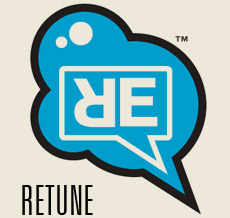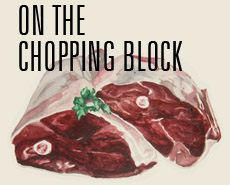 TRANSLATION
TRANSLATION
Illustration by Zack Sultan
Translation is usually considered a practical activity. Someone who speaks one language needs to understand something in another language. But in our polyglot world and city, it can also be a challenge, a game — the intersection of a dozen cultures. In this edition of the Moon, our correspondents approached the theme from widely different vantages, but each showed that there is a hidden movement to “translation.” After all, the Latin word, translatus, means “carried over.”
Our musicians embodied this in their matrix of original songs: each piece carries forward an essential sound, but incorporates new tangents and rhythms. Their work shows that style itself is a language.
While Emily Vasquez’s dispatch from Paraguay proves the validity of the inverse: Language is style, style is context, and without it, a truly human thing like a joke can lose all meaning. As one expert says of the Guaraní language: “A slew of prefixes and suffixes are added to root words that lend a sense of time, mode, aspect, function, number, and degree, creating a sense of detail that cannot be easily or quickly translated. It is just this sense of detail that makes a joke work.” Translators are like butchers, tearing away the feathers and skin, “unnecessary and defining” features, as Emily Nemens narrates in her short story. Sometimes we are left with an indistinguishable hunk of meat.
Our most delicate and pressing meaning, emotion, can get deformed or stopped at the boundary of the “third-lingual place,” as Paul Whitlatch recounts in his tale of a fizzled relationship between an American and a Russian who speak only in German. But it can link us together in unexpected ways — where language fails, an image can succeed, as Dave Cook shows with his photographs of ultra-lingual restaurant signs around the city.
These works show the closeness of translation and interpretation, translators and interpreters. Amitai Plasse looks deep into Serge Levy’s photographs before rendering his own version, vision. The classically British “Beef Wellington” can’t be laterally translated into a food of the American South — it requires an inspired understanding of the connection of the ingredients, as L.N. shows with her culinary transubstantiation.
There is room for satire, too, as Zack Sultan and Seth Ullman show with their “Retune” blueprint. Can the worst sounds get translated into mellifluous arias? It evokes the fundamental question of translation: What is carried over?








